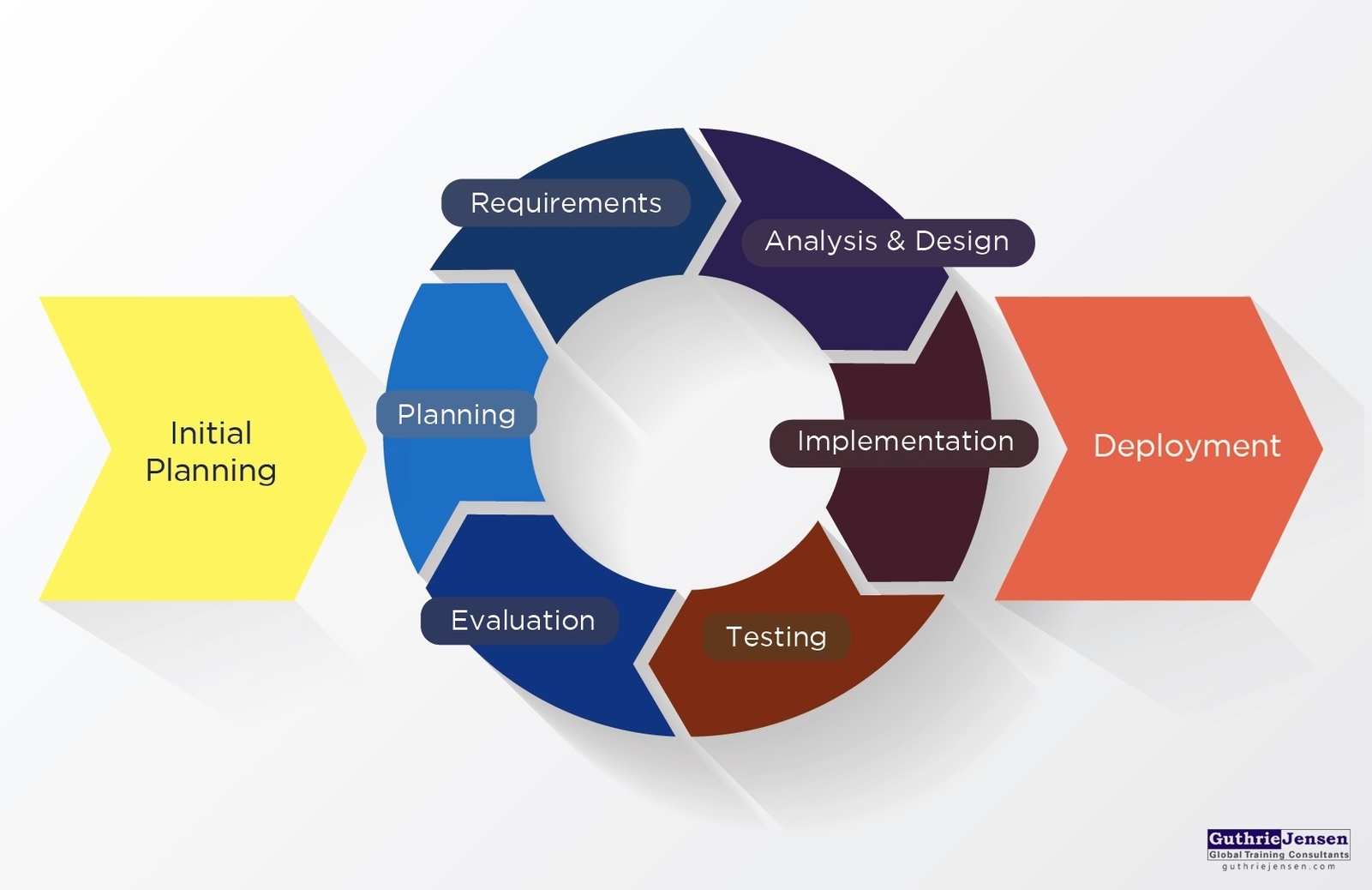
Project management approaches are a set of principles that describe the way a project is tackled. They are not identical to project management methodologies, which are much more concrete and strategic. Project managers use different approaches to lead their projects, and their success relies on their ability to assess what isnt working and seek out alternate solutions. Here are some of the most commonly recognized project management approaches:
1. Traditional: A traditional project management approach is fairly bare bones. Its a way for project managers to achieve their desired deliverables and outcomes in a set period of time, under a pre-established budget. This approach is most beneficial during projects where a lot of change is not expected. In this approach, projects follow five concrete stages of the project lifecycle: initiation, planning, execution, control/monitor, and project closing.
2. Agile: Agile project management is as the word implies: flexible. Its also constantly changing. With the agile approach, there are less traditional timelines and projects work more fluidly. As updates or changes are made, decision-makers and managers receive feedback in real-time that allows them to begin making changes for their next roll-out of features or services.
3. Waterfall: The waterfall approach is a linear, sequential approach to project management. It is a structured approach that follows a specific order of phases. Each phase must be completed before the next phase can begin. This approach is best suited for projects with well-defined requirements and a clear understanding of the end product.
4. Scrum: Scrum is an agile framework that is used to manage complex projects. It is a flexible approach that allows teams to work together to develop and deliver high-quality products. Scrum is based on the principles of transparency, inspection, and adaptation.
5. Kanban: Kanban is a visual approach to project management that is used to manage workflow. It is a flexible approach that allows teams to visualize their work and optimize their workflow. Kanban is based on the principles of transparency, balance, and flow.
These are just a few of the most popular project management approaches. Each approach influences how project managers lead the rest of the project. Some approaches are flexible, while others require strict deadlines and processes that are non-negotiable. If you try one approach and realize halfway in that it isnt working for you and your team, dont be afraid to switch it up and try something different!
